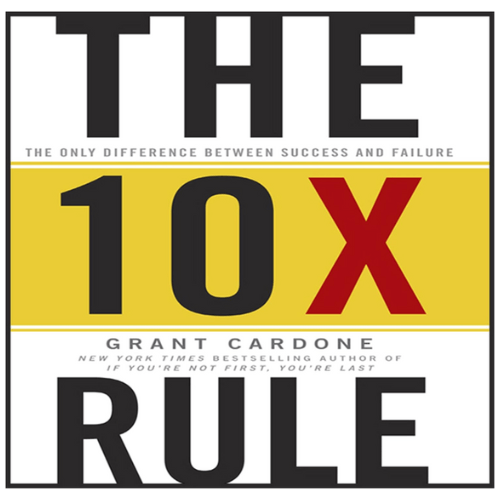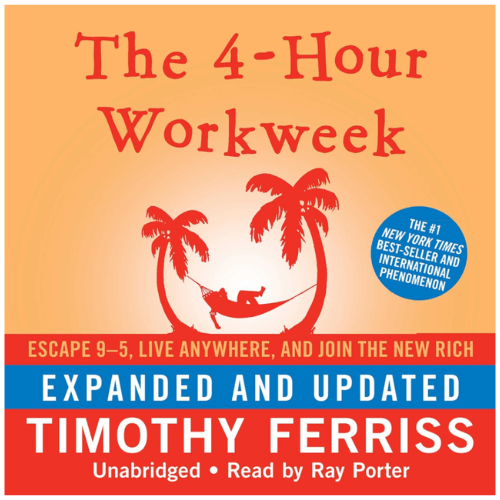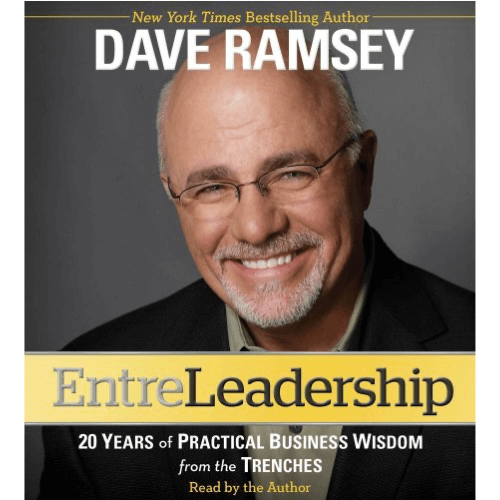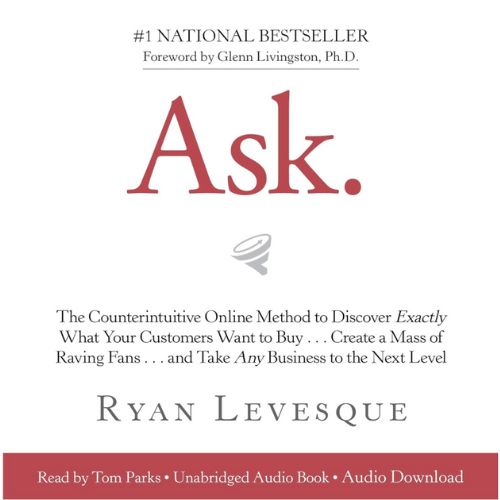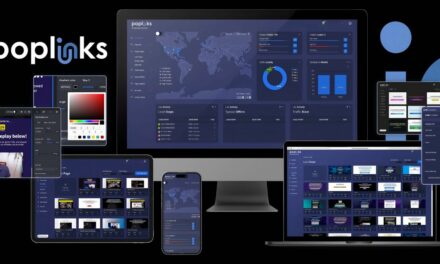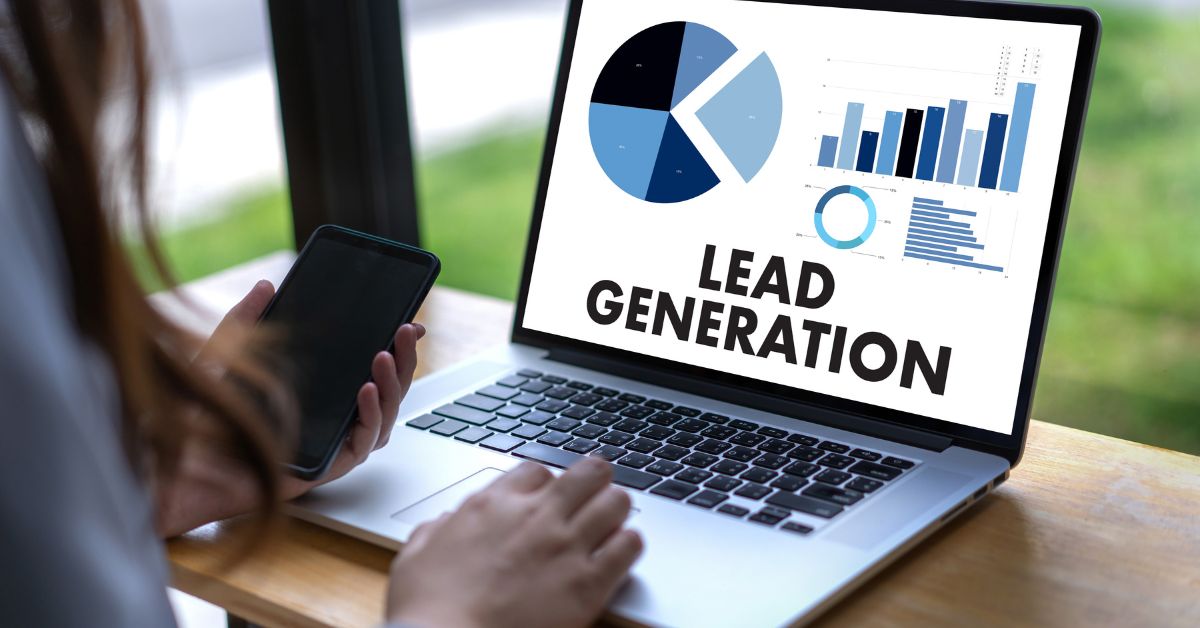Last Updated on August 18, 2024 by Chief Pajama Officer
Affiliate marketing is a popular and accessible way for many to earn passive income by promoting products or services and earning a commission on sales. However, one common question that arises among beginners is, “Does affiliate marketing cost money?” The answer is both simple and nuanced: while starting affiliate marketing can be virtually free, there are potential costs involved depending on your approach and goals.
Free to Start
At its core, affiliate marketing can be initiated with no upfront costs. Most affiliate programs, such as those offered by Amazon, ClickBank, and ShareASale, are free to join. These programs provide you with unique affiliate links that you can share on your platforms, earning a commission whenever someone makes a purchase through your link.
If you already have a blog, website, or a social media presence, you can start promoting affiliate products immediately without any financial investment. For those with an established audience, this can be a very cost-effective way to generate income.
The Cost of Tools and Resources
While you can start affiliate marketing for free, there are costs associated with growing and scaling your affiliate marketing business. For example, if you decide to build a dedicated website or blog for your affiliate efforts, you’ll likely need to pay for domain registration and web hosting. These costs can range from a few dollars a month to more depending on the services you choose.
Additionally, if you plan on using email marketing as part of your strategy, you might need to invest in an email marketing service. While some platforms offer free plans, those with larger subscriber bases or more advanced features often come with a monthly fee.
Investing in tools such as keyword research tools, SEO plugins, and analytics software can also improve your affiliate marketing strategy. These tools help you identify profitable niches, optimize your content for search engines, and track the performance of your affiliate links. While these are not strictly necessary, they can greatly enhance your effectiveness as an affiliate marketer.
Content Creation Costs
Content creation is a significant aspect of affiliate marketing. High-quality content, whether it’s blog posts, videos, or social media posts, is essential to attract and engage your audience. While creating content can be done for free, especially if you have a knack for writing or video production, there are costs associated with producing professional content.
For instance, you might invest in a good camera, video editing software, or graphic design tools to enhance the quality of your content. Additionally, outsourcing content creation to freelancers or agencies can also be a cost if you prefer to have someone else handle the content production.
Paid Advertising
Another area where costs can arise is in paid advertising. Some affiliate marketers choose to run paid ads on platforms like Google, Facebook, or Instagram to drive traffic to their affiliate links. While this can be an effective way to scale your earnings, it also requires a financial investment.
The cost of paid advertising varies greatly depending on factors like your niche, target audience, and the competitiveness of the keywords you’re bidding on. It’s crucial to have a clear understanding of your potential return on investment (ROI) before diving into paid ads.
Wrap Up
In summary, affiliate marketing does not necessarily cost money to start. You can join affiliate programs and begin promoting products with zero upfront investment, especially if you leverage free platforms like blogs and social media. However, as you aim to grow and scale your affiliate marketing efforts, costs can arise from tools, resources, content creation, and paid advertising.
The key is to start small, focus on generating organic traffic, and reinvest your earnings strategically as your affiliate marketing business grows. By managing your expenses carefully, you can build a successful affiliate marketing venture without significant financial strain.


